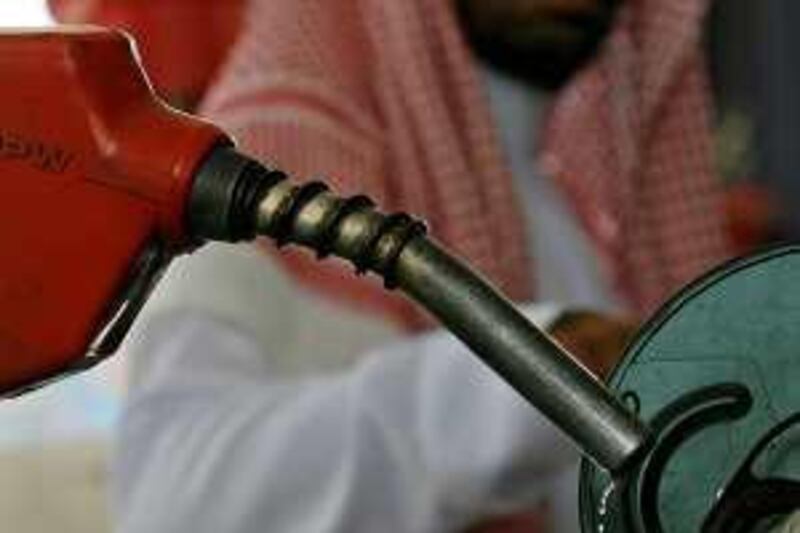Following the 1986 oil crash, a famous Texan bumper sticker read: "please Lord, send us another oil boom - we promise not to waste it this time." Now that prices have fallen by US$100, and OPEC is making sharp cuts to production, and Gulf states are running budget deficits, it seems that the five-year oil boom is officially over. Now is a good time to ask: did oil exporters around the world waste the boom? And how should they adapt to the times ahead?
The phenomenon of the "oil curse" has been much discussed - though it is debatable whether it is inevitable, and whether it always strikes in the same way. A sudden rush of oil and gas wealth often leads to macroeconomic problems - inflation soars and the currency becomes overvalued - the so-called Dutch Disease - making other industries uncompetitive. Then, when the oil boom ends, as it always does, budgets have to be slashed and exporting countries face a long and painful adjustment.
The oil exporting countries are a diverse group, even if we consider only the Middle Eastern nations, and each has faced its own challenges, conditioned by factors including its political institutions, the size of its petroleum sector relative to population, or its state of economic development. In general, this oil boom appears to have been handled much better than its predecessors. Most governments have clearly learnt lessons from past excesses. The Gulf has seen rapid economic development and economic diversification has advanced significantly, particularly in the UAE. The real estate and financial sectors have made the most obvious advances, while a new generation of infrastructure - roads, ports, power and telecommunications - has been brought into service. Saudi Arabia, Qatar and Yemen, in particular, have advanced with liquefied natural gas, petrochemicals, refining and other industries that add value to their hydrocarbons. And, looking to a future beyond oil, Abu Dhabi has committed $20 billion (Dh73.46bn) to Masdar, its clean energy vehicle.
Sovereign wealth funds such as the Abu Dhabi Investment Authority or the Kuwait Investment Authority have stored up foreign assets for the future and reduced excessive domestic spending. Although overseas savings have lost significant value recently, these vast sums could not have been spent productively at home. Foreign investment has generally been welcomed, encouraged by improvements to legal and institutional frameworks.
The dead end of "resource nationalism" has mostly been avoided. International oil companies have been invited in, on a highly selective basis, where their skills can be of value. Nevertheless, the boom has not been without problems. Low interest rates, demanded in the GCC by the dollar peg, have contributed to high inflation. This weakens the competitiveness of some Gulf economies. Congestion and pollution threaten the quality of life. The use of cheap energy to attract investment is undermined by gas shortages in nearly all the GCC states. Such subsidies are wasteful, environmentally damaging and unsustainable.
On the political front, we have - with the exception of Iraq, which is a special case - seen no repetition of the oil-fuelled wars and revolutions of 1978-1991. But geopolitical tensions remain in the wider Middle East, and a period of low oil prices might inflame domestic tensions in some weaker states. Iran's confrontational brand of politics, bolstered by domestic extravagance and subsidies, will be hard to maintain. Hampered by sanctions and political rigidity, the Iranians have missed repeated chances to become a leading gas exporter. Development of new energy projects in Kuwait, including desperately needed gas, has also been mired in politics.
The expectation is that commodity prices will rise again as the world economy recovers. That may well be so. But all the oil exporting nations, wherever they are in the world, need to prepare for a period, possibly prolonged, of cheap oil. They need to trim their budgets, ensure efficient government and continue economic integration with their neighbours. Above all, they must accelerate diversification, reform and liberalisation, and build knowledge economies not dependent on the vagaries of oil markets.
Robin Mills is a Dubai-based energy economist and author of The Myth of the Oil Crisis





